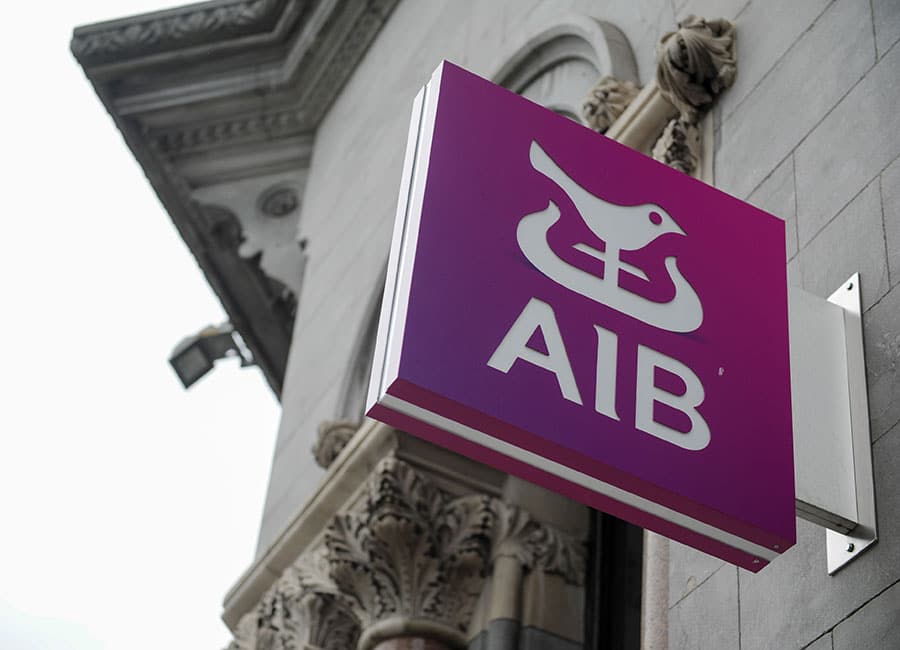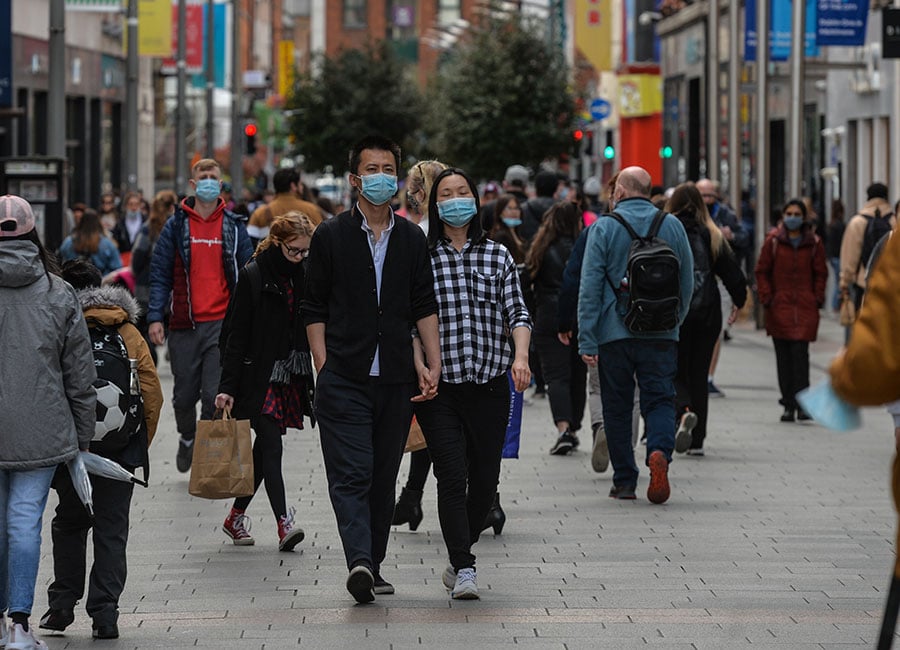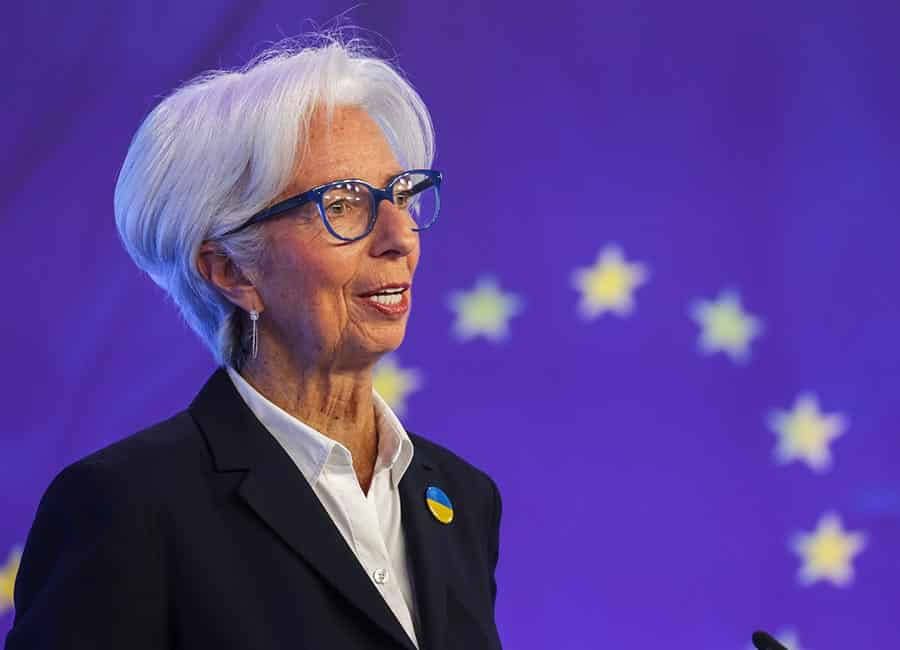Business activity growth hit a four-month high in February as new business increased at its quickest rate for four years, according to the latest AIB Ireland Services Purchasing Managers Index (PMI).
Consequently, outstanding work rose at one of the strongest rates on record, and jobs were added at "to a greater extent" despite reports of labour shortages.
Input price inflation accelerated to the fastest level in over 21 years, leading to one of the steepest rates of increase in service providers' charges in the survey's history.
The service business activity index surged to 61.8 in February from 56.2 the previous month, in excess of the long-term average of 55.0 -- a score of 50.0 would denote no change.
The month-on-month increase was the largest on record in the six previous instances where the index had seen bigger month-on-month increases, the data had signalled either slower declines in activity or merely resumption in growth.
The sharpest growth was seen in financial services (63.8), ahead of business services (63.5) and technology, media and telecoms (61.7), with transport, tourism and leisure (55.4) the weakest-growing sector.
Naturally, demand for services expanded at a much faster rate, too, in February, and the month-on-month increase was the fastest recorded since 2000, with the rate of expansion the sharpest since January 2016.
Responding companies linked improving market conditions to an economic recovery from the pandemic, the lifting of restrictions, new services and new clients, AIB said. Growth in new work accelerated in all four sectors, with a notable pick-up since January in transport, tourism and leisure.
"The AIB Irish Services PMI picked up strongly in February as the recovery from the pandemic gained momentum following the lifting of COVID restrictions the previous month and the Omicron variant retreated," Oliver Mangan, AIB chief economist, said.
"Most notable in the Irish survey was the sharp acceleration in the growth of new business, including exports, with improving economic conditions as the pandemic waned, boosting demand for services.
"This was evident across all four sub-sectors covered in the survey. Financial and business services registered the strongest growth in business activity in February.

Growth put greater pressure on operating capacity, compounded by staff and supply shortages, with outstanding work rising at its fastest rate for over 21 years, with business services and technology, media and telecoms experiencing the sharpest expansions.
Employment also rose at its fastest rate for four moths, although firms reported that hiring had been constrained by labour shortages. Recruitment was strongest again in business services and weakest in transport, tourism and leisure.
Service providers highlighted salaries and energy as the key drivers of higher input costs, as well as fuel, insurance, shipping and UK customs. Service providers' charges increased at the fastest rate since October 2000, and the third-strongest on record.
Output increased at the fastest rate for three months in February, driven by growth in the service sector and high levels of new business, although price pressures were the second-highest on record.
The Ireland composite output index rose to 59.1 in February, from 56.1 in January, reflecting the steep acceleration in growth of services activity, offsetting the weakest rise in manufacturing output since March 2021.
"Despite a further rise in employment, the surge in demand saw the volume of outstanding business in the services sector rise at it fastest pace since 2000. This was also linked to staff shortages and supply difficulties," Mangan continued.
"Firms in all sectors remained very optimistic on the 12 month outlook for business, with activity expected to gain further momentum as the pandemic recedes, in particular tourism. Businesses continued to experience marked upward pressure on input prices, especially from higher labour and energy costs, but also fuel, insurance, shipping and UK customs.
"The rate of input price inflation was the fastest in more than 21 years. Meanwhile, the prices charged to customers also rose at the quickest pace since 2000. Price pressures were most acute in the transport/tourism/leisure sector."
(Pic: Getty Images)











